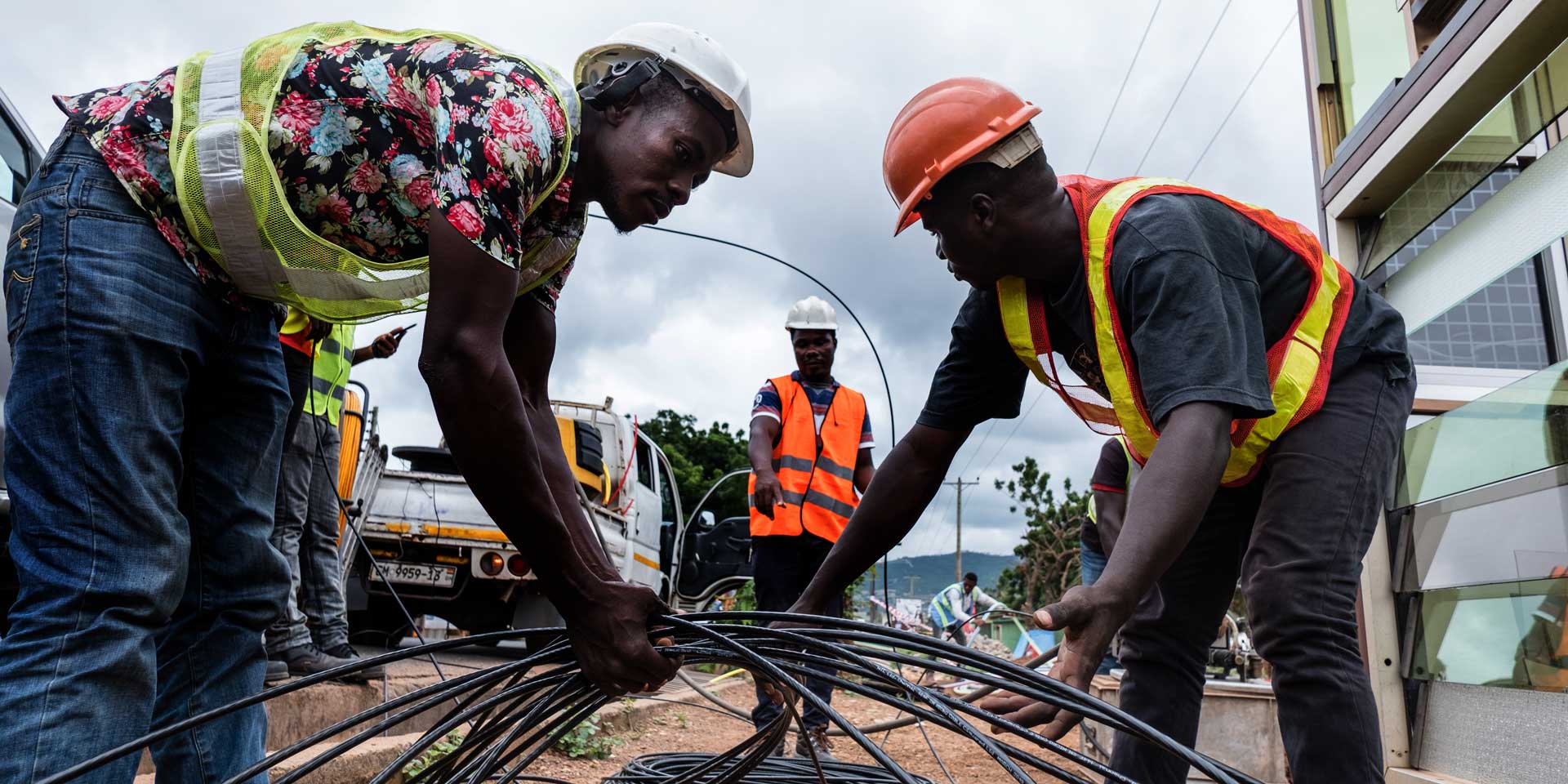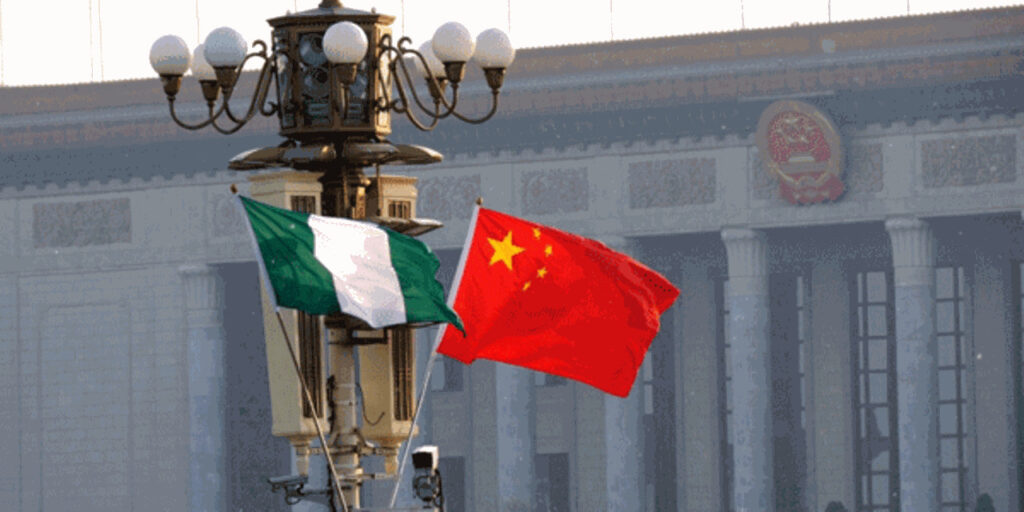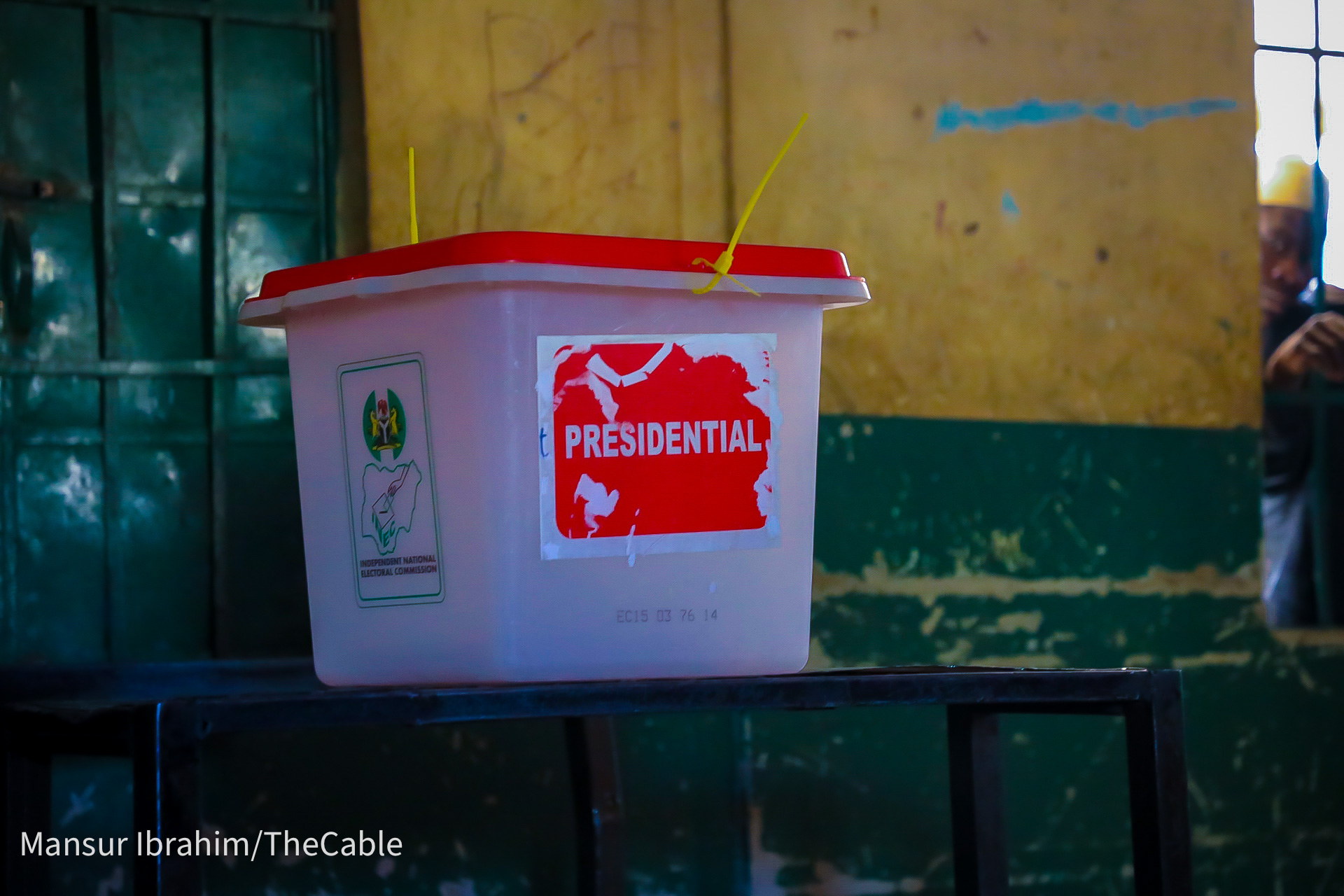BY PETER AROJOJOYE
Digital free trade zones allow companies to establish digital hubs, open businesses virtually, and enjoy tax incentives. Currently, in Nigeria, there is no specific legislative enactment that accommodates the business needs of technology companies in a digital free trade zone. Aside from this, some existing arbitrary policies on technology in Nigeria could discourage foreign investors and technology giants from investing in the country’s digital free zone. Hence, the Nigerian government should create investment-friendly policies such as tax for digital infrastructure and reduction of right-of-way fees policies to support digital infrastructure investment. Also, the Nigerian government should review economic laws and directives to enable digital free trade zones to thrive.
The existing digital infrastructure in Nigeria slows down internet connectivity and cannot spur multinational technology enterprises to embrace digital free trade zones. Thus, investment policies supporting the reduction of right-of-way charges and tax for digital infrastructure will significantly increase digital infrastructure investment and set a precedent for developing a functional digital free trade zone.
Right-of-way charges are fees telecommunication companies pay to install fibre optic cables. Drastic reduction of right-of-way fees will reduce the burden of installing fibre optic cables and encourage telecommunications companies to invest more in fibre optic cable installation. Tax incentives will have a similar effect and make the installation of digital infrastructure cost-effective for private sector participants.
Advertisement
Also, facilitating investment in digital infrastructures through a public-private partnership model will encourage the localization of data centres in Nigeria. It is sad to note that there are few data centres in Nigeria despite the many Nigerians using online platforms. The implication is that a large amount of data of Nigerians are stored in locations outside the country. Data localisation ensures compliance with Nigerian data protection laws, promotes data sovereignty, fosters local innovation, leads to job creation, and promotes patronisation of local data centres.
Furthermore, Nigeria needs to widen the scope of the free trade laws to encapsulate the needs of businesses in the Digital Free trade zone. These needs include e-commerce hubs, satellite service hubs, and data centres.
Additionally, Nigeria should retract economic directives that impede digital trade. For instance, the Central Bank of Nigeria should adjust its stance on cryptocurrency. The Central Bank of Nigeria’s current stance on cryptocurrency portrays poor knowledge of the use cases of cryptocurrency and blockchain technology in general. Although the Securities and Exchange Commission released rules guiding digital assets in 2022, and there is a new tax on digital assets, these new policies have not removed the CBN’s ban on cryptocurrency.
Advertisement
Besides trading, cryptocurrency can be used for cross-border payments. Also, cryptocurrencies like stablecoins serve as a safer investment option. Hence, the Central Bank of Nigeria should clarify its current stance on cryptocurrency as a medium of exchange. This would significantly improve private and decentralized participation in the digital free trade zone.
It is no gainsaying that technology will play a crucial role in shaping the economy’s future worldwide. Thus, creating digital free trade zones in Nigeria eradicates the infrastructure problem as a barrier to digital trade. Also, it significantly boosts the country’s chances of full virtual integration into the global economy. However, the challenges of digital infrastructural deficit and policy failures remain major threats. These underlying threats may keep the country in a retrogressive loop of trade failures if not well tackled.
Peter Arojojoye is a writing fellow at African Liberty. He can be reached via [email protected]
Advertisement
Views expressed by contributors are strictly personal and not of TheCable.
Add a comment






